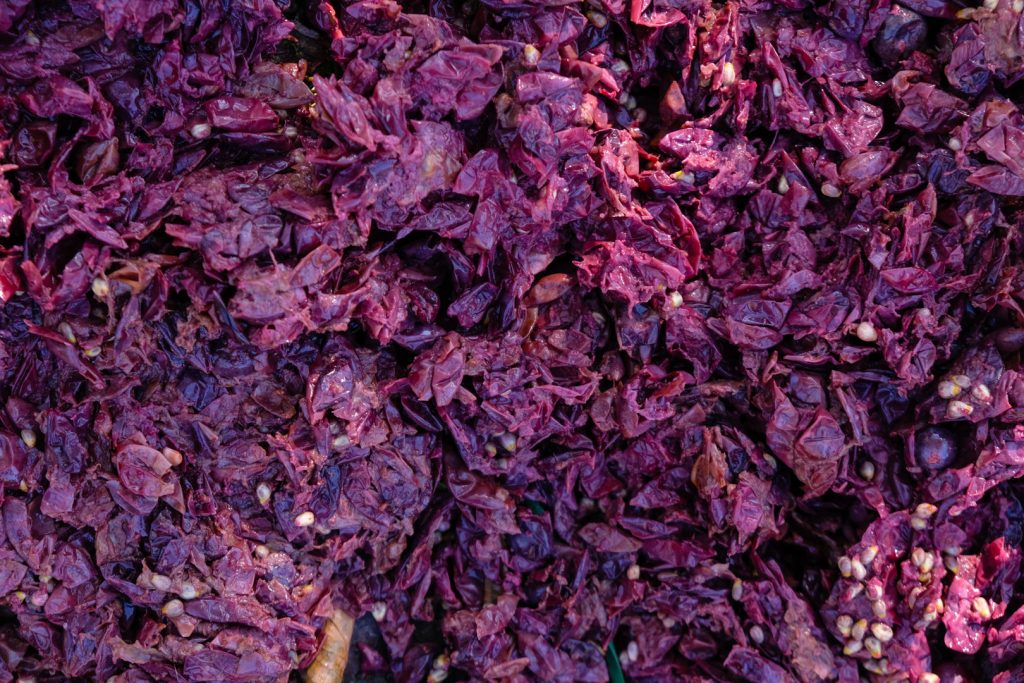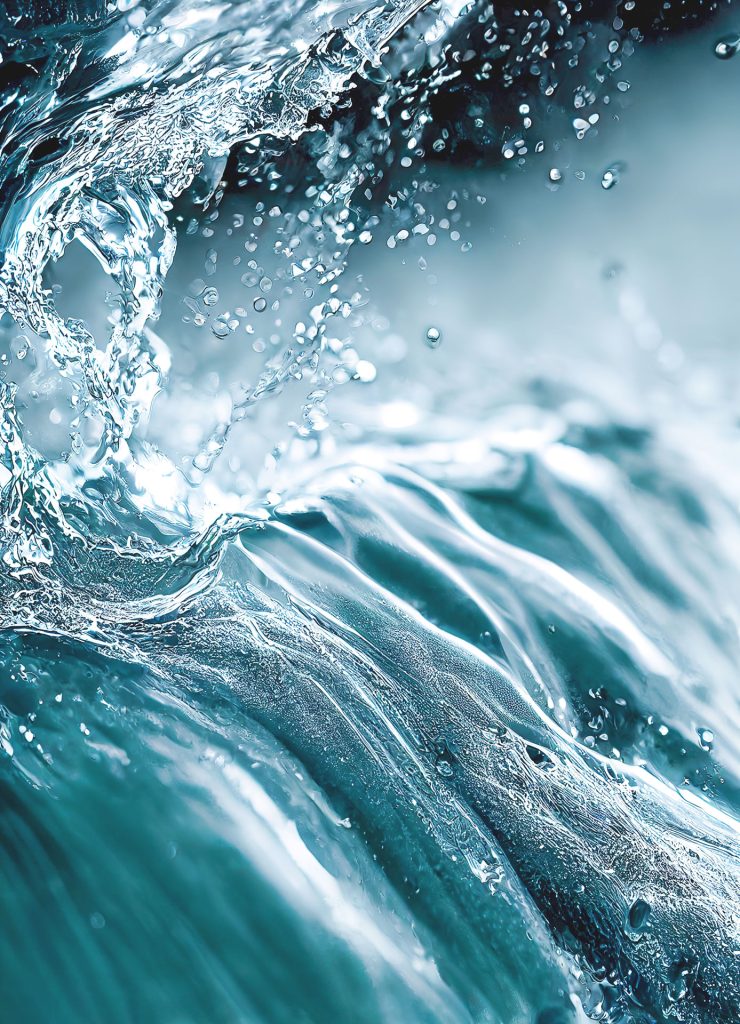SUSTAINABILITY
ENERGY SELF-SUFFICIENCY
Since then, we have been producing eco-sustainable Grappa
ZERO IMPACT DISTILLERY
We offset CO2 emissions by creating and protecting forested areas
SUSTAINABLE PRODUCTION
The first eco-sustainable Grappa,
from production to packaging elements
PRODUCTION
By nature, grappa distillation contains many eco-sustainable elements. The activity was born as a way to utilize a secondary raw material, pomace, composed of grape skins, seeds, and stems. Grappa is obtained from the skins, the seeds contain valuable dietary and cosmetic oil, while the stems can be used as fuel or mulch. Nothing is wasted!
After distillation, the skins are dried and used as the company’s sole fuel to produce the steam necessary for distillation and heating of the entire company. Combustion ashes are an excellent fertilizer.
Ultimately, a renewable secondary raw material, pomace, enters the distillery, and no waste exits. An example of sustainability and circular economy.
Dried pomace, along with crushed grape seeds, can be transformed into pellets, fuel also usable in domestic boilers. The oil extracted from grape seeds (grape seed oil) is a product that is not only edible but also healthy and dietary.

Sustainability has always been in the DNA of the grappa distiller: using a relatively humble base material and enhancing it by trying to exploit every component. We have taken this process to its most positive extremes, achieving zero waste and self-producing all the thermal energy necessary for the process itself.
Alessandro Francoli
ENERGY AND CLEAN AIR
The distillation process requires water for cooling and for condensing alcohol vapors. During the final heat exchange process, the water is cooled again through a cascading system and then reintroduced into the cooling circuit. This operation minimizes water consumption.

Eco-sustainability does not stop at production. For this reason, in 2006, we joined the Lifegate Zero Impact® project. Lifegate helps us track, reduce, and offset the total carbon dioxide emissions generated by our commercial and office activities. Our environmental impact is offset by the CO₂ absorbed by large areas of forests planted and protected in Costa Rica and the Ticino Park. Our involvement in the Zero Impact® project helps protect over 340,000 square meters of forests.
In 2013, Francoli Energia became operational, our plant that produces electricity and heat using virgin biomass as fuel, a renewable, sustainable, and clean source that does not impact the territory, forestry, or CO₂ concentration in the atmosphere.